CVTE
Early Childhood Education
Jason Cieto, Academy B Administrator – Ext. 632
Course & Program of Studies
Statement of Purpose
Our Early Childhood Education program is designed to equip students with the knowledge and skills necessary to work with young children. Through a combination of classroom instruction and hands-on experience, students develop the following competencies:
- Child Development: Understanding child development theories and applying them to classroom practice.
- Curriculum Planning: Developing age-appropriate lesson plans and activities.
- Classroom Management: Creating positive and engaging learning environments.
- Assessment and Evaluation: Assessing children’s progress and using assessment data to inform instruction.
- Child Guidance and Behavior Management: Employing effective strategies for guiding and managing young children’s behavior.
- Health, Safety, and Nutrition: Ensuring the health, safety, and nutritional needs of young children.
Program Highlights:
- Hands-On Experience: Students gain practical experience working with young children in our on-site preschool and pre-kindergarten programs.
- NAEYC Accreditation: Our program is accredited by the National Association for the Education of Young Children (NAEYC), ensuring high-quality early childhood education.
- Career Pathways: Graduates are prepared for a variety of careers, including early childhood education, child care, and elementary education.
- Community Partnerships: Our program collaborates with local childcare centers and schools to provide students with valuable real-world experiences.
By participating in our Early Childhood Education program, students will develop the skills and knowledge needed to make a positive impact on the lives of young children.
Exploratory Program
The Freshman Early Childhood Education Exploratory program offers a comprehensive introduction to the field of early childhood education. Students will gain hands-on experience working with young children, focusing on:
- Child Development: Understanding the stages of child development and individual differences.
- Child Care: Learning basic child care skills, including diapering, feeding, and nap time routines.
- Safety and Health: Prioritizing child safety and health, including accident prevention and first aid.
- Early Literacy and Numeracy: Introducing early literacy and numeracy skills through play-based activities.
- Social-Emotional Development: Supporting children’s social-emotional development through positive interactions and guidance.
By the end of the exploratory program, students will have a solid foundation in early childhood education and be prepared to pursue more advanced coursework in the following years.
Freshman Program
The Freshman Early Childhood Education program teaches the foundational knowledge and skills needed to work with preschool age children. Students will focusing on:
- Curriculum Development: Creating engaging and developmentally appropriate lesson plans.
- Classroom Management: Implementing effective classroom management strategies to maintain a positive learning environment.
- Assessment and Evaluation: Assessing children’s progress and using data to inform instruction.
- Child Guidance: Using positive guidance techniques to support children’s social-emotional development.
- Literacy and Numeracy: Promoting early literacy and numeracy skills through play-based activities.
By the end of the freshman year, students will have a deeper understanding of early childhood education and be prepared to take on more challenging roles in the classroom.
Sophomore Program
This sophomore course offers a hands-on, immersive experience in early childhood education. Students will:
- Develop Curriculum: Create age-appropriate lesson plans that cater to diverse learning styles.
- Implement Effective Teaching Strategies: Utilize a variety of teaching methods, including direct instruction, small-group activities, and independent learning.
- Foster Child Development: Support children’s physical, cognitive, social, and emotional development.
- Create Engaging Learning Environments: Design stimulating learning environments that promote exploration and discovery.
- Assess Child Progress: Use observation and assessment tools to monitor children’s learning and development.
- Collaborate with Colleagues: Work collaboratively with other educators to create a supportive and nurturing learning community.
By the end of this course, students will be well-prepared to work with young children in various early childhood settings.
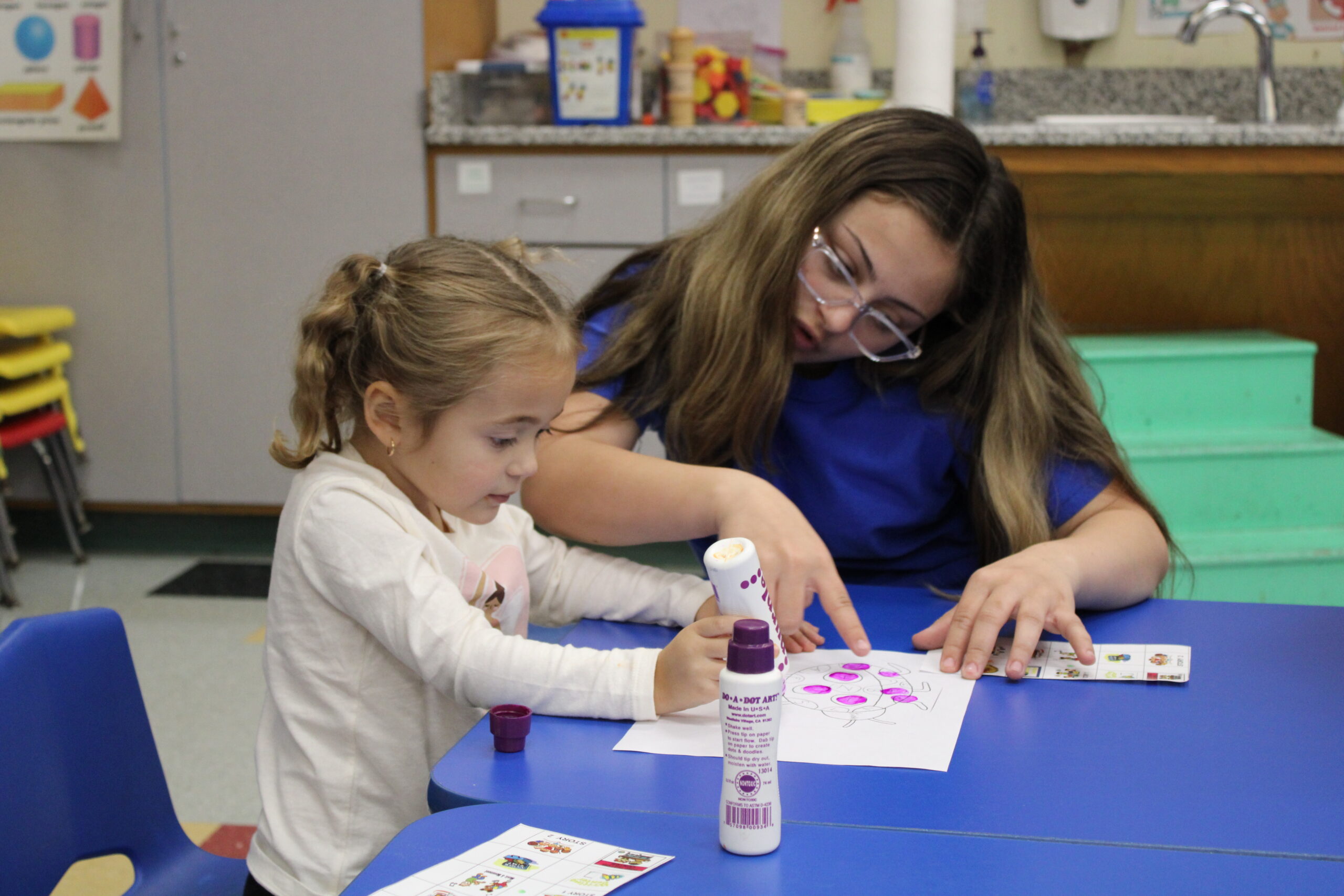
Sophomore Related Class 1
Introduction to Early Childhood Education
This sophomore course provides a comprehensive overview of early childhood education, covering key topics such as:
- Child Development: Understanding the physical, cognitive, social, and emotional development of young children.
- Early Childhood Theories: Exploring the theories of renowned early childhood educators like Piaget, Vygotsky, and Montessori.
- Curriculum Development: Designing developmentally appropriate curriculum and lesson plans.
- Classroom Management: Implementing effective classroom management strategies to create a positive learning environment.’
- Assessment and Evaluation: Using various assessment tools to monitor children’s progress.
- Child Safety and Health: Prioritizing child safety and health, including first aid and emergency procedures.
- Family Engagement: Building strong relationships with families and involving them in their child’s education.
By the end of this course, students will be well-prepared to work with young children and create stimulating learning experiences. They will also be able to identify and address children’s individual needs and abilities.
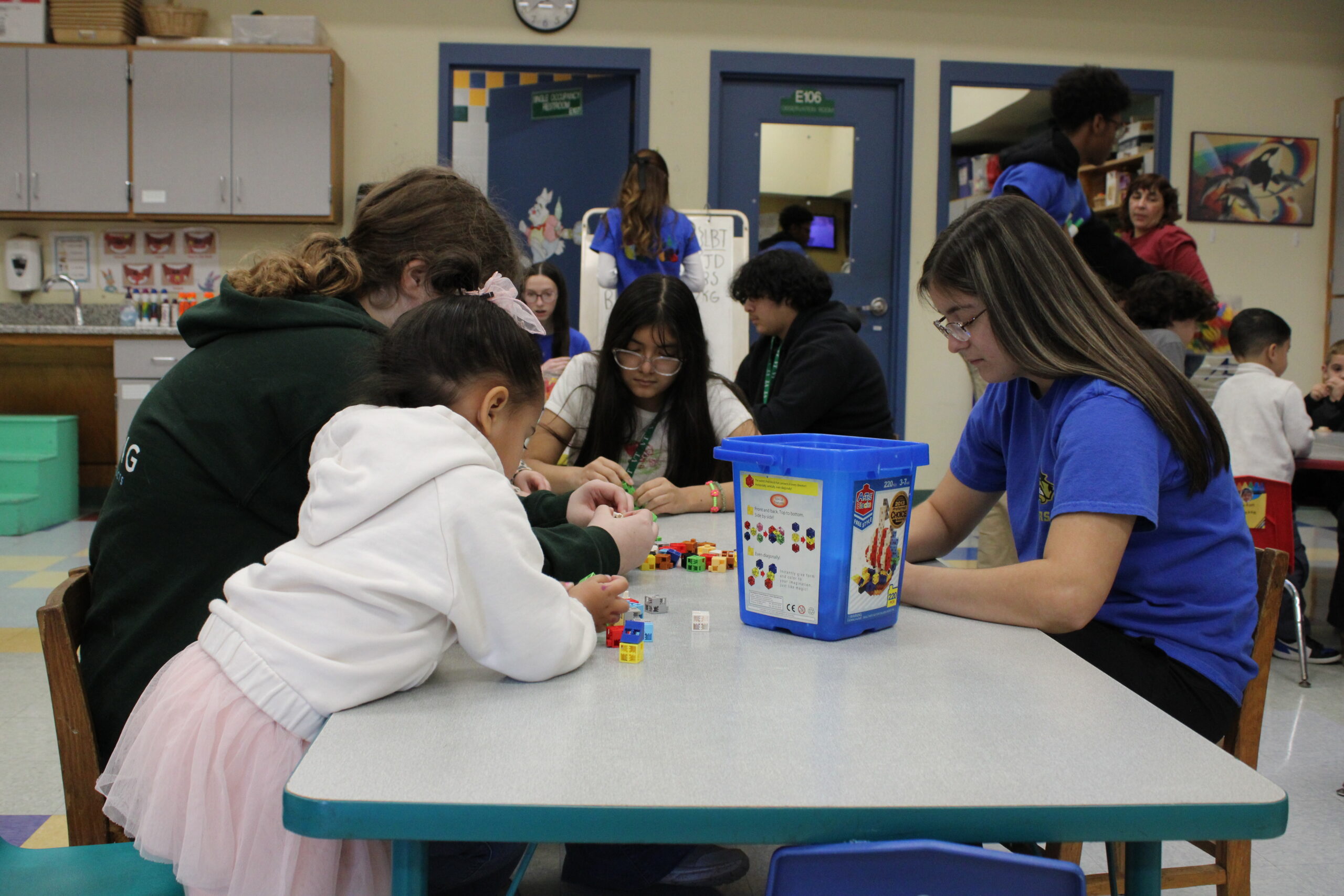
Sophomore Related Class 2
Principles of Business
This sophomore-level course equips students with a strong foundation in business principles and entrepreneurship. Key areas of focus include:
Business Fundamentals:
- Entrepreneurship: Understanding the core concepts of entrepreneurship, including identifying opportunities, developing business plans, and managing risks.
- Business Operations: Learning about the fundamental aspects of running a business, such as marketing, finance, and human resources.
- Legal and Ethical Considerations: Understanding legal and ethical issues in business, including contracts, intellectual property, and workplace regulations.
Technology Skills:
- Computer Proficiency: Mastering essential computer skills, including word processing, spreadsheets, and presentation software.
- Digital Literacy: Developing digital literacy skills to navigate the digital landscape and utilize online tools effectively.
Practical Application:
- Business Plan Development: Creating comprehensive business plans that outline business goals, strategies, and financial projections.
- Market Research: Conducting market research to identify target markets, analyze industry trends, and assess competition.
- Financial Management: Understanding financial statements, budgeting, and cash flow management.
- Marketing and Sales: Developing effective marketing strategies and sales techniques.
By the end of the course, students will be well-prepared to pursue entrepreneurial ventures or careers in business and management. They will have the skills and knowledge to start and run successful businesses, make informed business decisions, and adapt to changing market conditions.
Junior Program
The Junior Early Childhood Education and Teaching course provides students with a deeper understanding of child development and early childhood education practices. Key areas of focus include:
- Child Development: Exploring the physical, cognitive, social, and emotional development of young children.
- Curriculum Planning and Implementation: Developing and implementing developmentally appropriate curriculum, including lesson plans, activities, and assessments.
- Classroom Management: Creating and maintaining positive and engaging learning environments.
- Child Guidance and Behavior Management: Using effective strategies to guide children’s behavior and promote positive social interactions.
- Assessment and Evaluation: Assessing children’s progress and using assessment data to inform instruction.
- Family Engagement: Building strong relationships with families and involving them in their child’s education.
Through hands-on experience in the preschool program, students will gain practical skills in:
- Lesson Planning and Implementation: Creating and delivering engaging lessons.
- Child Observation and Assessment: Documenting children’s development and progress.
- Classroom Management: Managing classroom routines and transitions effectively.
- Child-Centered Interactions: Interacting with children in a positive and supportive manner.
By the end of the junior year, students will be well-prepared to take on leadership roles in the senior year and be ready to enter the workforce or pursue further education in early childhood education.
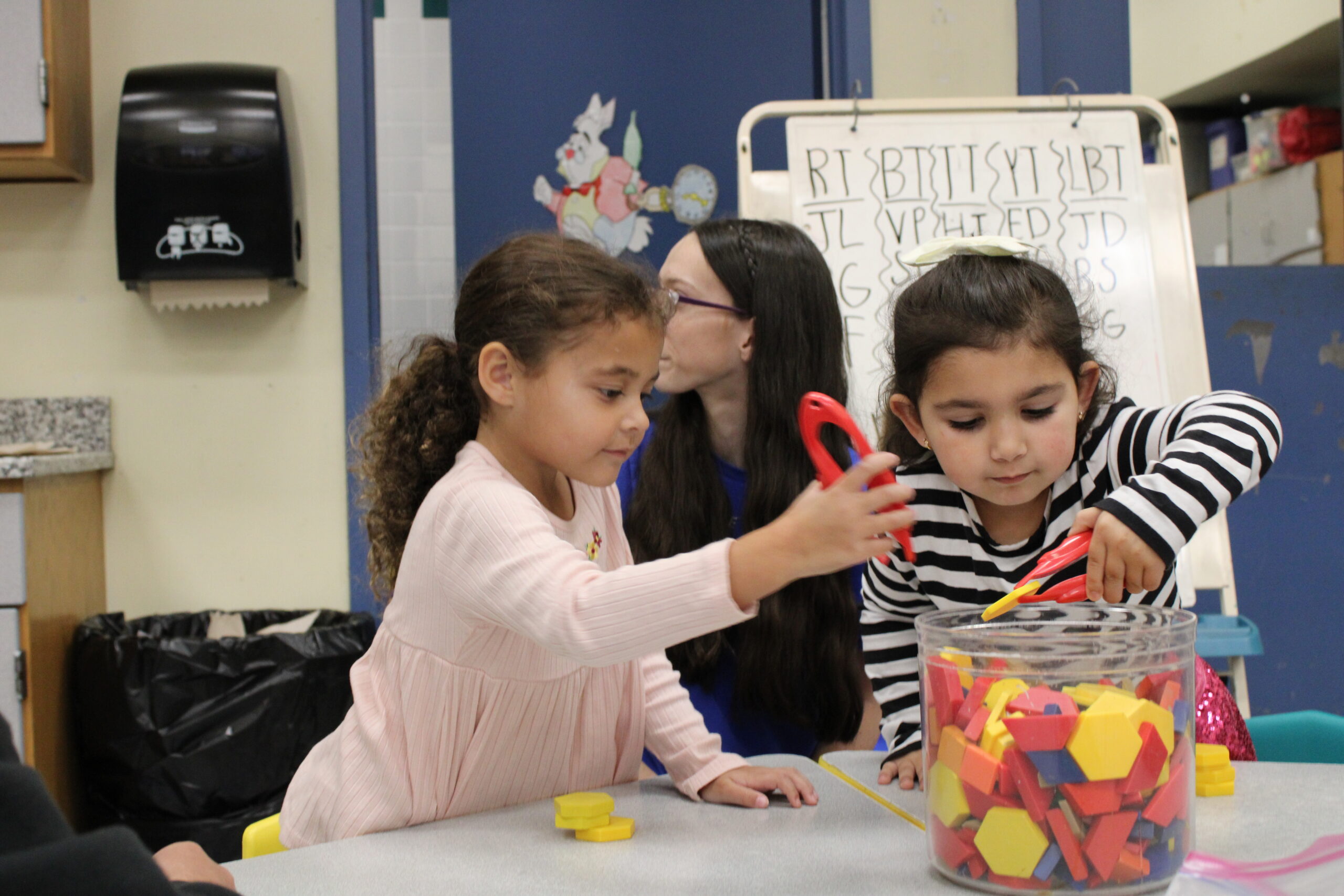
Junior Related 1
Curriculum Development
In their junior year, Early Childhood Education students will engage in a comprehensive curriculum development project, culminating in the implementation of a thematic unit in a pre-kindergarten classroom. Key components of this project include:
- Thematic Unit Planning:
- Selecting a relevant theme
- Creating a thematic web to brainstorm ideas
- Developing a detailed curriculum plan, including lesson plans and assessments
- Lesson Plan Development:
- Writing well-structured lesson plans that align with Massachusetts early learning standards
- Incorporating a variety of learning experiences, such as art, music, dramatic play, and literacy activities
- Child-Centered Teaching:
- Implementing developmentally appropriate practices and creating a positive learning environment
- Using effective teaching strategies, such as modeling, guided practice, and independent work
- Assessing children’s learning and providing individualized support
- Creative Expression: Encouraging children’s creativity through art, music, and dramatic play
- Literacy Development: Promoting early literacy skills, including phonemic awareness, phonics, and reading comprehension
- Math and Science: Exploring basic math and science concepts through hands-on activities and experiments
By the end of their junior year, students will have a deep understanding of early childhood education principles and practices, and they will be well-prepared to enter the workforce or pursue further education in early childhood education or related fields.
Junior Related 2
Child Development I
Child Development I is a foundational course that provides students with a comprehensive understanding of child development from birth to five years of age. Key topics covered in this course include:
- Physical Development: Motor development, sensory development, and health and safety.
- Cognitive Development: Piaget’s and Vygotsky’s theories, cognitive processes, and language development.
- Social-Emotional Development: Attachment theory, social skills, self-concept, and emotional regulation.
- Observational Assessment: Using observation tools to document children’s development and inform instruction.
- Creating Developmentally Appropriate Environments: Designing safe, stimulating, and inclusive learning environments.
By the end of this course, students will be able to:
- Describe the major developmental milestones in each domain of development.
- Observe and document children’s development.
- Plan and implement developmentally appropriate activities.
- Create positive and nurturing learning environments.
- Communicate effectively with parents and families about child development.
- Understand the importance of early childhood education and its impact on lifelong learning.
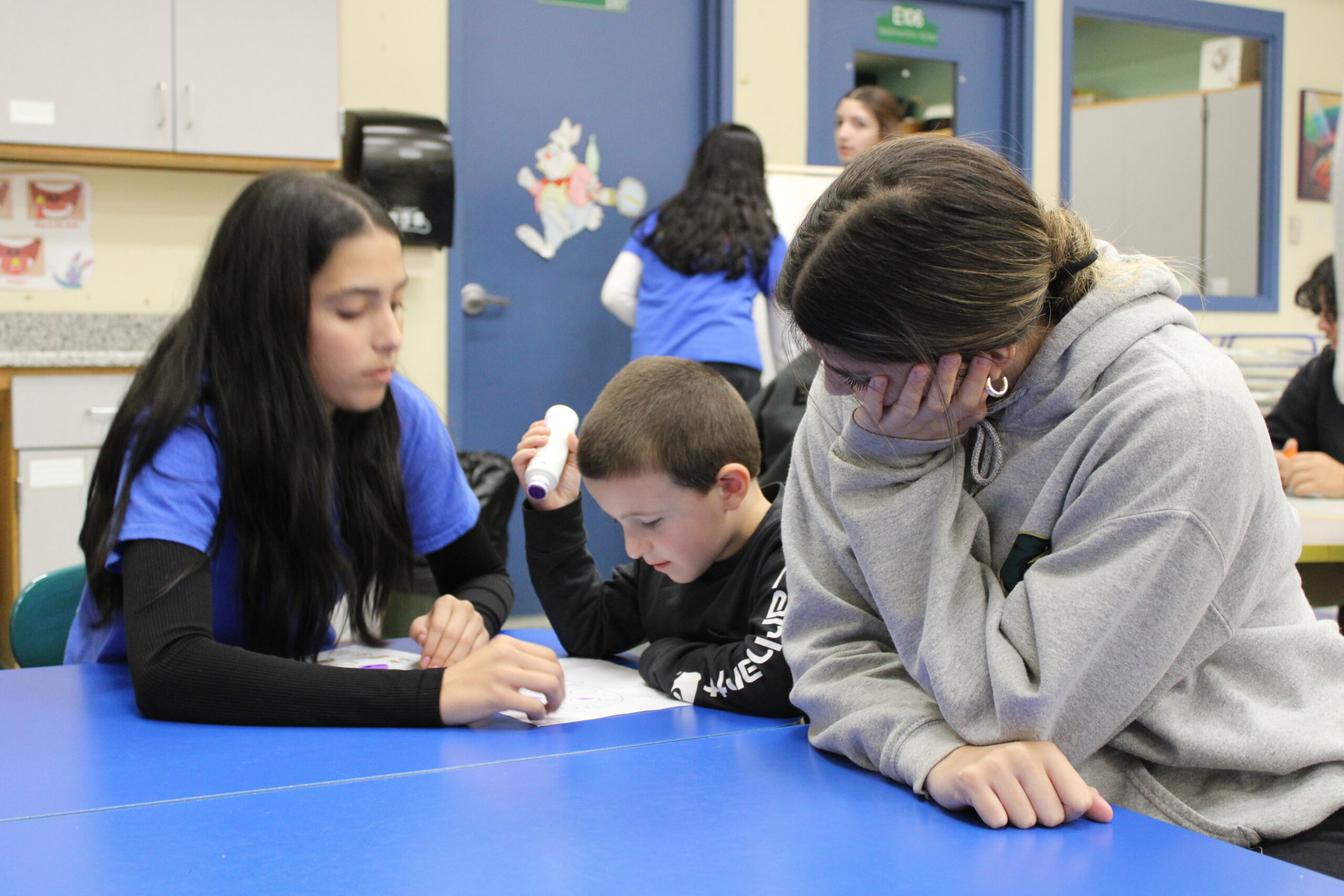
Senior Program
The Senior Early Childhood Education and Teaching course provides students with valuable hands-on experience in a variety of early childhood settings. Through internships and co-op placements, students will:
- Apply Theoretical Knowledge: Implement the theories and practices learned in previous courses in real-world settings.
- Develop Teaching Skills: Gain experience in lesson planning, instruction, assessment, and classroom management.
- Collaborate with Professionals: Work alongside experienced early childhood educators to learn best practices.
- Build Professional Relationships: Establish positive relationships with children, families, and colleagues.
- Reflect on Practice: Engage in self-reflection to improve teaching practices and student outcomes.
By the end of the senior year, students will be well-prepared to enter the workforce or pursue further education in early childhood education or related fields. They will possess the skills and knowledge necessary to provide high-quality early childhood education and care.
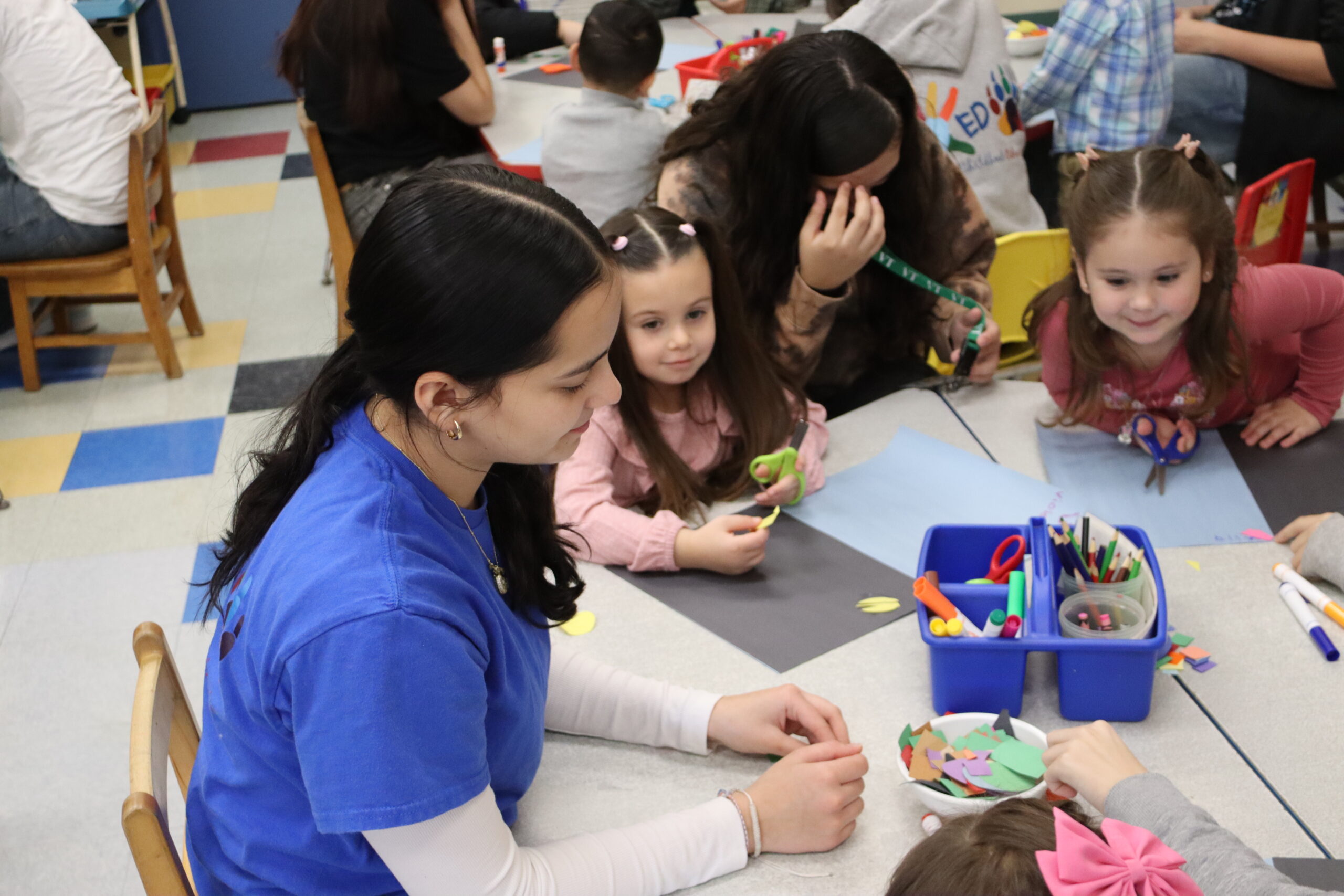
Senior Related 1
Child Development II / Classroom Management
Child Development II delves deeper into the complexities of child development, building upon the foundational knowledge gained in Child Development I. Key topics include:
- Advanced Child Development Theories: Exploring the theories of Piaget, Vygotsky, Erikson, and other influential theorists to understand how children learn and develop.
- Social-Emotional Development: Examining the development of social skills, emotional regulation, and self-concept.
- Cognitive Development: Understanding cognitive processes, such as problem-solving, critical thinking, and creativity.
- Language Development: Exploring language acquisition, literacy development, and communication skills.
- Physical Development: Understanding motor development, including fine and gross motor skills.
Classroom Management
The Classroom Management course equips students with the skills and knowledge to create effective and nurturing learning environments. Key topics include:
- Classroom Organization: Designing safe, stimulating, and organized classroom spaces.
- Positive Guidance Techniques: Implementing positive discipline strategies to promote positive behavior.
- Effective Communication: Developing strong communication skills with children, families, and colleagues.
- Assessment and Evaluation: Using appropriate assessment tools to monitor children’s progress and inform instruction.
- Professionalism and Ethics: Adhering to ethical standards and professional conduct.
By the end of these courses, students will be well-prepared to work with young children, create engaging learning experiences, and promote positive child development.
Senior Related 2
Childcare Methods – Elective
The Childcare Methods course provides senior students with a deeper understanding of early childhood education and career pathways. Key topics include:
- Childcare Settings: Exploring various childcare settings, such as family childcare, center-based care, and school-age programs.
- Curriculum Development: Designing developmentally appropriate curriculum that aligns with early learning standards.
- Family Engagement: Building strong partnerships with families and involving them in their child’s education.
- Professional Development: Identifying opportunities for ongoing professional growth and development.
- Career Exploration: Exploring career options in early childhood education, including teaching, administration, and program development.
- Portfolio Development: Creating a professional portfolio to showcase skills and experiences.
By the end of the course, students will be well-prepared to enter the workforce or pursue further education in early childhood education. They will have a strong understanding of child development, early childhood pedagogy, and the skills
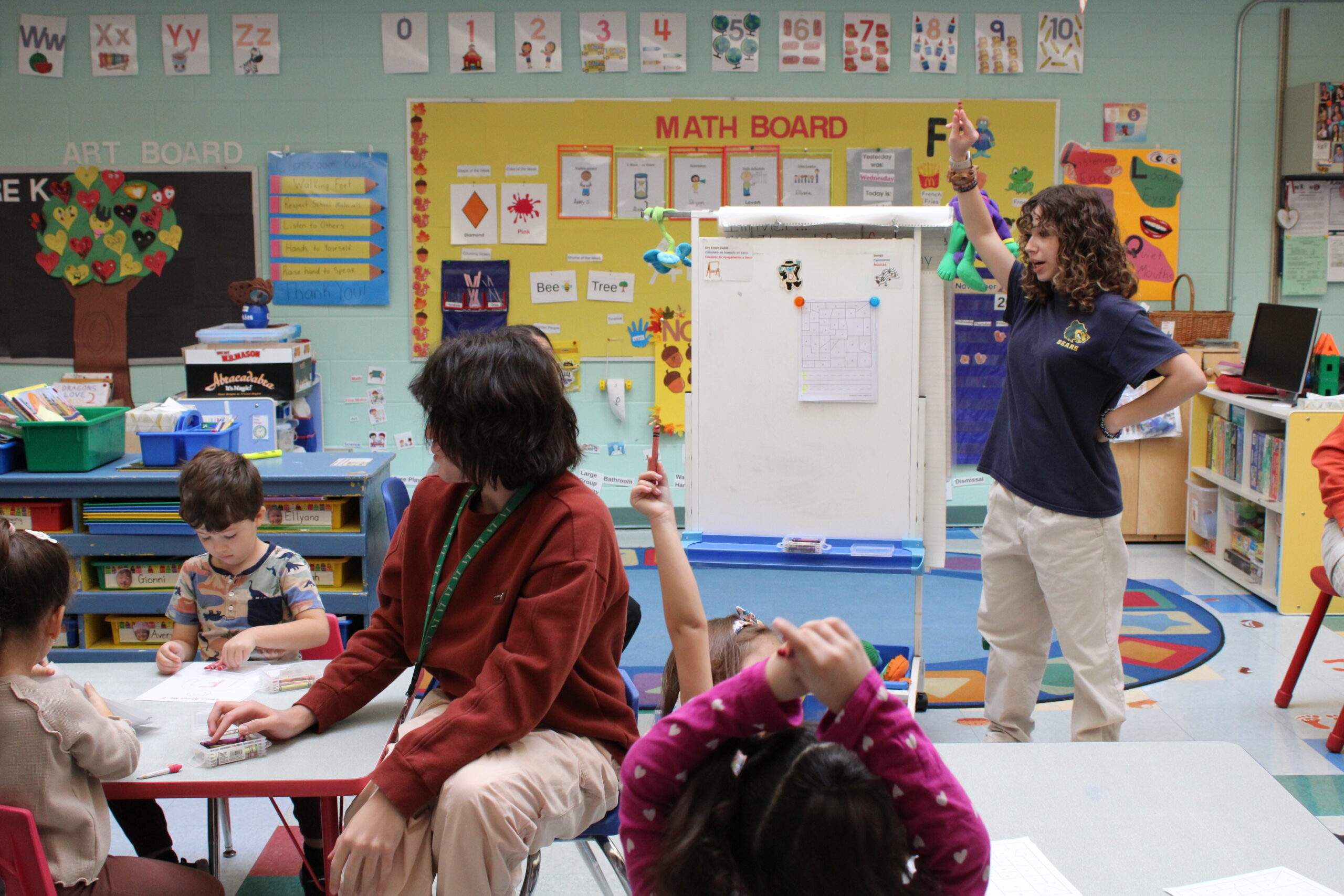
Certifications
- Department of Early Education and Care Preschool Teacher Qualification certificate and/or Infant/Toddler Teacher Qualification certificate
- American Red Cross CPR and First Aid Child Abuse & Neglect (EEC Essentials)
- Emergency Response Planning (EEC Essentials)
- Food Related Risk & Response
- Infant Safe Sleeping Practices
- Hazardous Materials
- Infection Diseases and Immunization
- Introduction to Child Development
- Medication Administration
- Physical Premises Safety
- Shaken Baby Syndrome
- Transporting Children
- Reducing Implicit Bias
- Pyramid Model Birth to Five
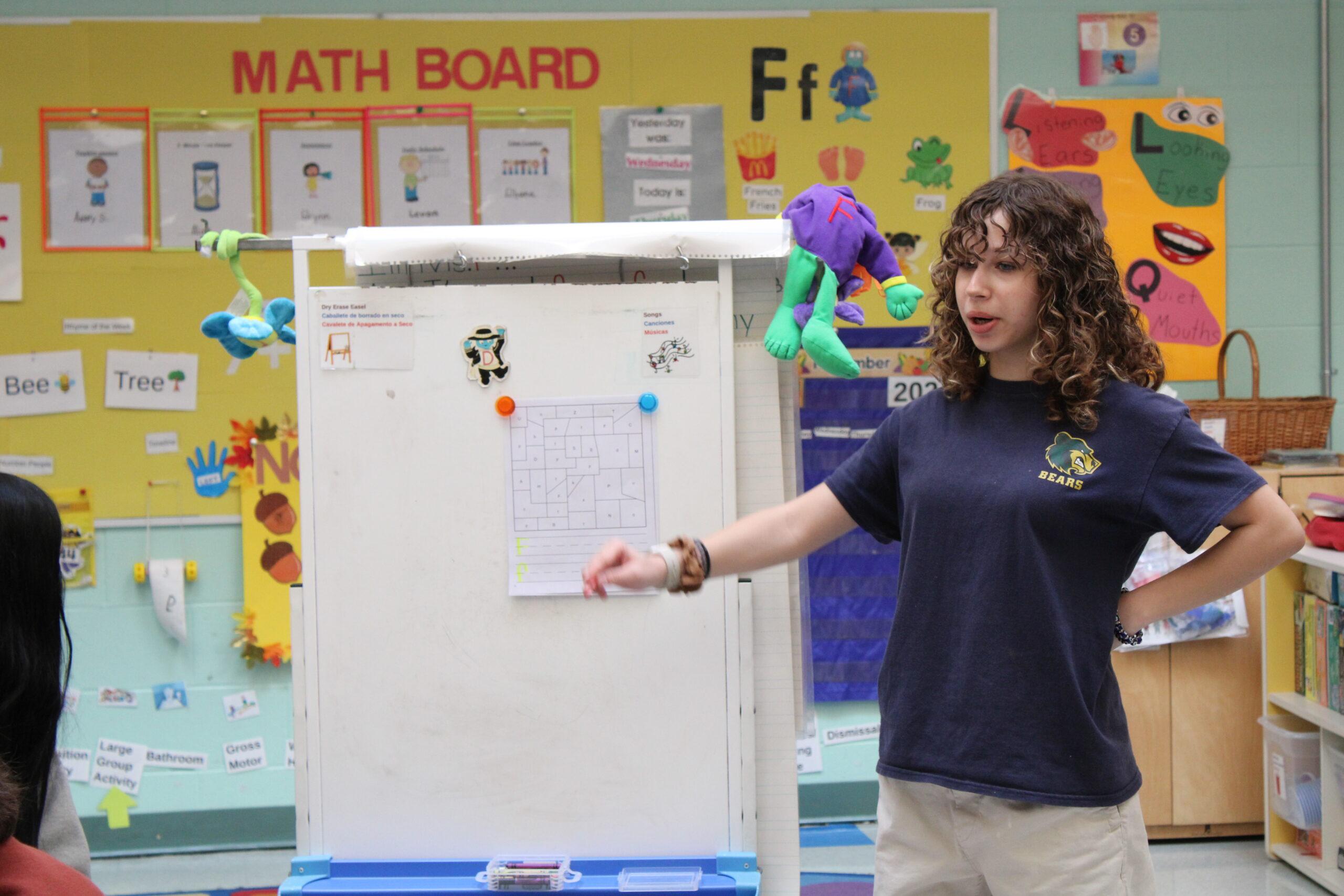
Career Opportunities
- Certified Preschool Teacher
- Director-Early Childhood Center
- Elementary Teacher
- Family Counselors
- Guidance Counselor
- Occupational Therapist
- Pediatric Nurse
- Preschool Teacher
- Recreational Therapist
- School Adjustment Counselor
- School Psychologist
- Social Worker
- Special Education Teacher
- Speech Therapist
Post-Secondary Education
Associate’s Degree in Early Childhood Education: This is a two-year undergraduate program typically offered by community colleges. It provides foundational knowledge and skills for working with young children.
Bachelor’s Degree in Early Childhood Education: A four-year undergraduate program that delves deeper into child development, teaching strategies, and curriculum planning for young children.
Bachelor’s Degree in Child Development: Similar to ECE but with a broader focus on child development theories and practices.
Teacher Certification Programs: Some regions offer specific certification or licensure programs for individuals who already have a degree in another field but want to become certified to teach in early childhood settings.
Master’s Degree in Early Childhood Education: A graduate-level program that allows individuals to specialize further in areas such as curriculum development, assessment, leadership in ECE settings, or advocacy.


